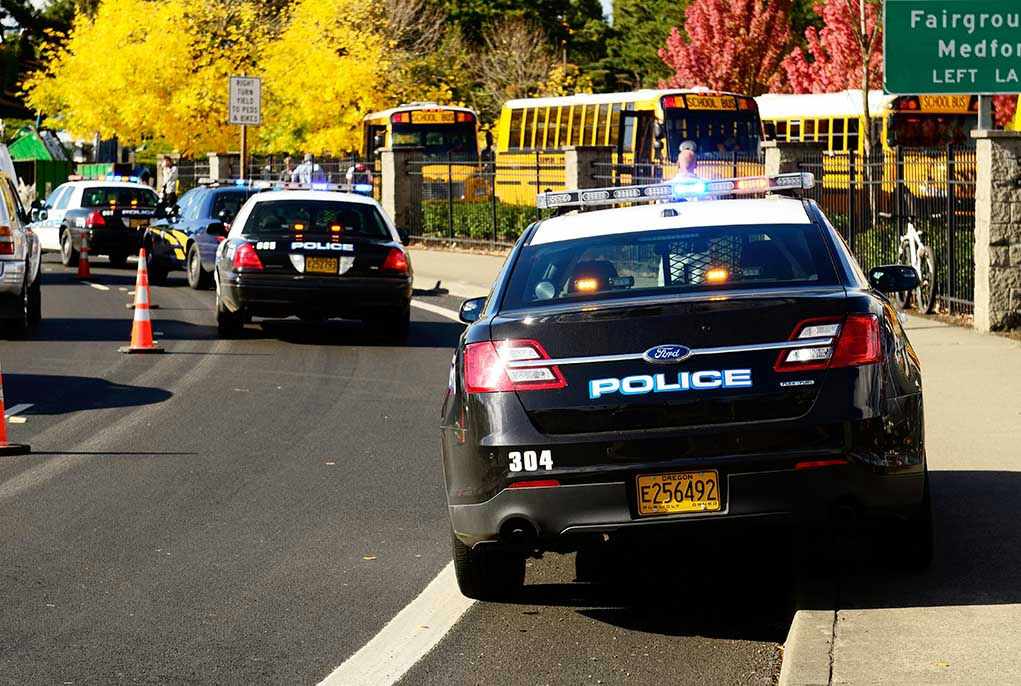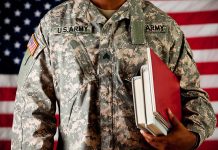
A mother’s silence in the wake of the Minneapolis church shooting has fueled outrage, as authorities struggle to uncover the motive behind an attack that left two children dead and 18 others wounded.
Story Snapshot
- The shooter’s mother refuses to cooperate with police, complicating the investigation.
- Two children killed and 18 injured in an attack during a church service marking the start of the school year.
- The shooter legally purchased three firearms and died by suicide at the scene.
- Authorities increase patrols and mobilize mental health resources amid rising concerns over community safety.
Mother’s Refusal to Cooperate Stalls Motive Investigation
Authorities in Minneapolis are facing significant obstacles as the mother of Robin Westman, the 23-year-old church shooter, has declined all requests to speak with investigators. Her silence has become a focal point for frustration, especially as police work to determine why Westman targeted children and parishioners during a sacred religious service. Investigators have executed four search warrants and recovered additional firearms, but the lack of family cooperation is hampering efforts to establish a motive or identify warning signs that might have prevented the attack.
Law enforcement officials emphasize that without insight from the shooter’s immediate family, understanding the sequence of events leading up to the tragedy remains difficult. The mother’s decision to retain a criminal defense attorney and avoid police interviews has raised questions about legal strategy and potential knowledge of her son’s actions. In situations like this, the lack of cooperation not only delays closure for grieving families but also prevents authorities from learning critical details that could help avert similar attacks in the future.
Tragedy Strikes during Sacred Community Gathering
The shooting unfolded on August 27, 2025, during morning Mass at Annunciation Catholic Church, a longstanding institution closely tied to the local school community. The attacker used three legally purchased firearms, opening fire on children and elderly parishioners in what authorities described as a calculated and devastating assault. Two children, ages 8 and 10, lost their lives, while fifteen other children and three elderly parishioners sustained injuries. The incident has sent shockwaves through the city, with officials mobilizing mental health resources and launching a donation fund to support victims and families.
This attack stands out not only for its brutality but for its timing—occurring at the start of the school year and in a place of worship, both considered safe havens in American life. The rarity of such violence targeting children during religious services has refueled national debates over school safety, gun rights, and the integrity of American communities. The fact that the firearms were legally acquired by an individual with no criminal record underscores the complexity of preventing future tragedies while respecting constitutional rights.
Community Response and Heightened Security Measures
In the aftermath, Minneapolis officials have increased patrols at schools and churches while community leaders urge resilience and healing. Mayor Jacob Frey called for action beyond “thoughts and prayers,” pointing to the vulnerability of children in sacred spaces. Law enforcement agencies, including the Minneapolis Police Department and multiple state partners, continue their investigation while providing support to traumatized families. The city’s rapid deployment of mental health professionals and fundraising efforts highlights a commitment to restoring community trust, but the lack of answers regarding motive continues to frustrate residents and officials alike.
The shooting’s impact extends far beyond the immediate victims. Heightened security protocols are being considered for religious and educational institutions across the region. Social cohesion is under strain, with many families grappling with grief and fear for their children’s safety. The ongoing investigation and the shooter’s mother’s refusal to cooperate have left a void in understanding—a void that deepens public anxiety and challenges faith in the effectiveness of law enforcement when critical information is withheld.
Law Enforcement Challenges and Ongoing Uncertainty
Security analysts describe churches and schools as “soft targets,” inherently vulnerable to violent attacks despite increased safety measures. Law enforcement faces the daunting task of preventing future tragedies perpetrated by individuals who, like Westman, legally purchase firearms and evade detection due to a lack of prior criminal records. Community leaders are divided between calls for stricter gun controls and demands for enhanced mental health interventions, while faith leaders stress the importance of unity and resilience in the face of violence. The investigation remains active, with authorities urging anyone with information to come forward as they seek to prevent further erosion of public trust and constitutional values.
Minneapolis church shooter's mother refuses to talk to police, obtains criminal defense attorney https://t.co/jP7GRt20ep #FoxNews
— Hawkmoon (@Hawkmoon55) August 29, 2025
As Minneapolis and the nation confront the aftermath of this tragedy, the lack of transparency from the shooter’s family stands as a stark reminder of the challenges faced by law enforcement and communities alike. The demand for answers grows louder, but the path to understanding and prevention remains obstructed until all those with knowledge are willing to support the pursuit of justice and safety for America’s families.
Sources:
Minneapolis city government update: Active situation August 27
CBS News: Annunciation Catholic Church Minneapolis school shooting
Minneapolis city emergency: Shooting August 27
ABC News: Minnesota school shooting suspect Robin Westman




